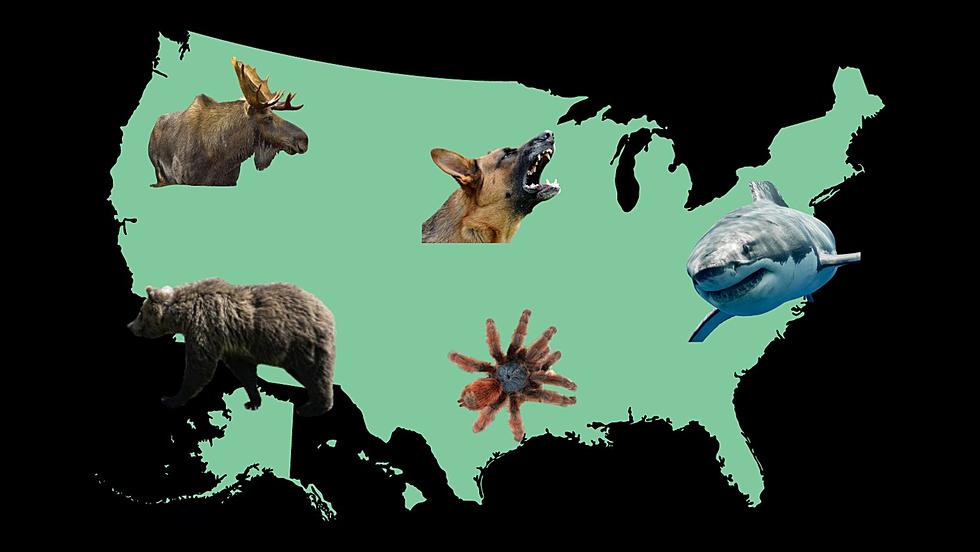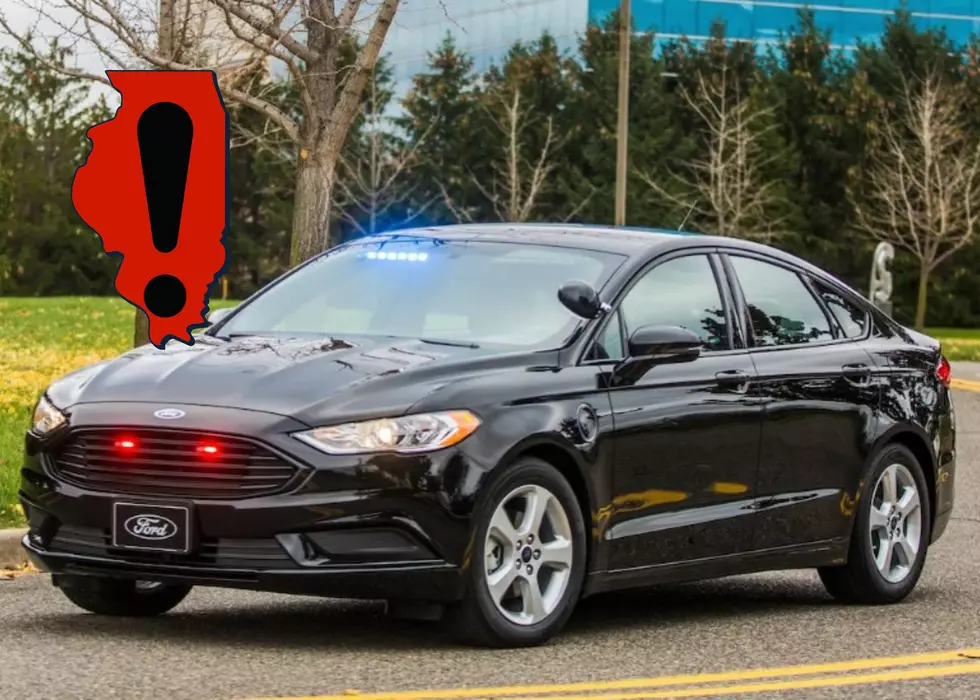
Wisconsin, Illinois Make the List of States You’re Most Likely to Be Attacked by Wildlife
In a world where humans and wildlife hope to coexist peacefully, interactions between the two can sometimes lead to unfortunate incidents, like the sometimes hilarious and other times scary animal attacks. A recent study from casinos.com delves into the stats of animal attacks across the US.
So, in which states are you most likely to be attacked by an animal?
Analyzing the most recent animal attack data for each state in the USA over a span of 23 years, researchers relied on information gathered from sources like the CDC and Wikipedia. They discovered that certain states are more prone to animal attacks, interestingly population density is not the sole determination in most cases. That being said, while states with larger populations do record more incidents, they may not actually be the most dangerous places to reside.

With that in mind, the state with the highest odds of being attacked and killed by an animal is Georgia. That's despite the fact that Texas reports the greatest number of animal-caused fatalities. With approximately 3.7 million residents, Georgia has witnessed 164 animal attacks since the year 2000, giving its inhabitants the highest odds of 22,500 to 1 of meeting their fate at the hands of some wild creature.
California, despite being the most populous state, boasts the most favorable odds among the top 15 states, with a 120,000 to 1 chance of falling victim to an animal attack. Meanwhile, Texas, the second-largest state, reports odds of 51,900 to 1, making residents there more likely to cross paths with a dangerous animal than their counterparts in most other states.
In the Midwest, Wisconsin ranks at #5, with a population of 5.89 million and 110 deaths, your odds in the state sit at 53,500 to 1. Illinois ranks at #14 in the list with a population of 12.6 million and 124 deaths for odds at 101,600 to 1.
So, what animals are actually the biggest killers?
While more well-known predators like bears and sharks contribute to annual fatalities, more common animals pose substantial risks. Surprisingly, deer are one of the biggest killers due to animal encounters. They are responsible for an estimated 120 to 200 fatalities annually. These fatalities are often the consequence of vehicle collisions, especially in areas with dense deer populations.
Bees, wasps, and hornets are responsible for roughly 56 deaths each year due to their swarming attacks. These attacks often require prompt medical attention, especially for those with allergies.
Dogs, usually considered beloved companions, are also an ever-present source of danger. Fatalities stemming from dog-related incidents range from 30 to 50 annually, emphasizing the significance of proper dog care, training, and socialization.
Seemingly less dangerous creatures, like livestock, cause around 20 deaths per year.
And everyone's favorite eight-legged friend, spiders account for around 6 deaths per year.
It's important to know, responsible coexistence between humans and wildlife requires awareness, adherence to safety guidelines, and respectful behavior towards all creatures. Casinos.com focused on 23 years of data from various sources on the web including Wikipedia, CDC, and Statista.
WATCH OUT: These are the deadliest animals in the world
LOOK: Here are the states where you are most likely to hit an animal
More From B100





